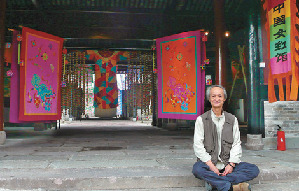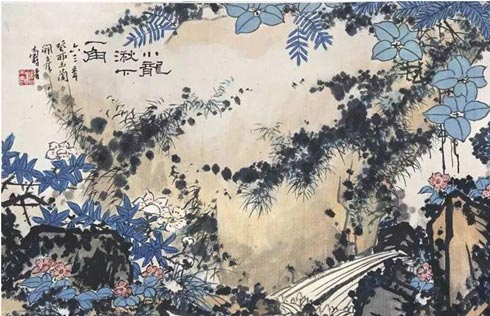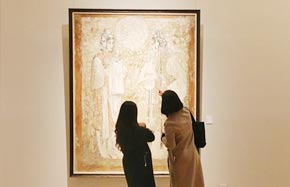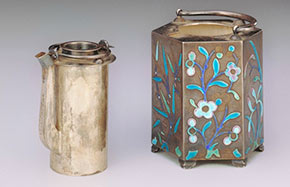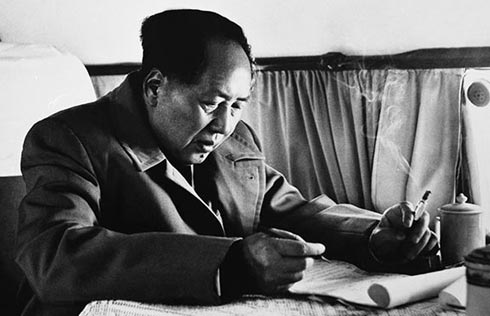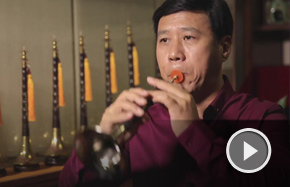Shine a light
 |
|
A young villager finishes palace lanterns at Tuntou village in Hebei province. The village is one of the wealthiest in the region because of the lantern-making industry. Photos provided to China Daily |
Tuntou village has enjoyed a robust economy thanks to a thriving industry producing palace lanterns, but the intellectual property rights belong to only one person. Can the sole custodian of the intangible cultural heritage ensure the traditions are kept alive? Erik Nilsson and Zheng Jinran in Shijiazhuang report.
Tuntou village's palace lantern industry has produced a shining local economy that casts light on the role of intellectual property in passing on tradition.
Zhang Fengjun, 54, is Hebei province's only provincially designated intangible cultural heritage inheritor of palace lantern-making. Zhang owns nine patents related to the lanterns that were developed in the Eastern Han Dynasty (AD 25-220).
The fact that Zhang is the sole custodian of the lanterns raises the question: Does IPR illuminate or dim intangible cultural heritage's prospects?
Palace lanterns fueled the local economy during the Ming Dynasty (1368-1644), when an official discovered a local craftsman's lantern he suspected would delight the emperor.
It did. And an industry was born.
The local lantern-making tradition nearly flickered out in the following centuries but has enjoyed a revival in recent decades, making the settlement southern Gaocheng county's wealthiest.
"I've been successful in introducing this heritage to the market and industrializing it," Zhang says.
Zhang has also helped the commercialization of the industry. Many of the 300 types of lanterns his company produces are festooned with the logos of such behemoths as Bank of China, Tsingtao Brewery and China Mobile. Others are adorned with more traditional imagery - fish, representing longevity, and dragons and phoenixes symbolizing marital bliss.
| Crafting a town | Walk the talk |





